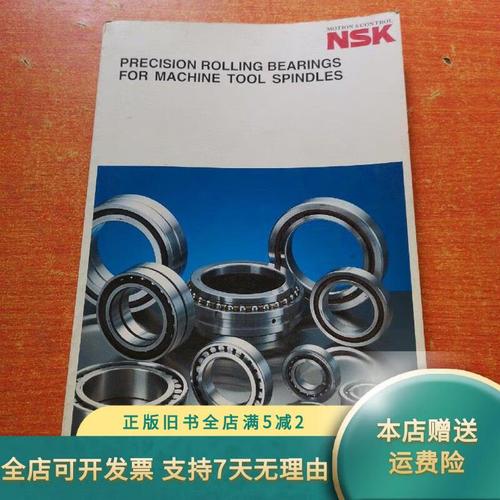The Ultimate Guide to Wholesale Automotive Precision Bearings: Benefits, Applications, and Buying Tips
In modern automotive manufacturing, wholesale automotive precision bearings serve as critical components ensuring smooth operation and longevity of vehicle systems. Designed to handle extreme loads and rotational speeds, these specialized bearings have become indispensable for manufacturers seeking reliability in commercial vehicle production. This comprehensive guide explores technical specifications, industrial applications, and strategic purchasing considerations for bulk buyers.
What Are Automotive Precision Bearings?
Automotive precision bearings are engineered components that minimize friction between moving parts while maintaining exact alignment tolerances. Unlike standard bearings, wholesale automotive precision bearings undergo rigorous manufacturing processes to achieve micron-level accuracy, making them essential for transmission systems, wheel hubs, and engine components.
Key Advantages for Commercial Buyers
Purchasing wholesale automotive precision bearings offers manufacturers 18-24% cost reduction through bulk procurement. These components demonstrate 35% higher durability than conventional bearings under continuous operation, directly impacting maintenance cycles and production line efficiency. Advanced sealing technologies in modern designs provide superior contamination resistance in harsh operating environments.
Industrial Applications Breakdown
 1. Electric Vehicle Drivetrains: High-speed bearings supporting 15,000 RPM requirements
1. Electric Vehicle Drivetrains: High-speed bearings supporting 15,000 RPM requirements
2. Commercial Truck Axles: Heavy-duty designs handling 8-ton payload capacities
3. Agricultural Machinery: Corrosion-resistant models for outdoor operations
4. Racing Components: Ultra-lightweight bearings with thermal stability up to 300°C
Technical Specifications Guide
Industrial buyers should evaluate:
- ABEC rating (Class 3-7 for automotive use)
- Load capacity (dynamic/static radial/axial)
- Lubrication type (grease-packed vs. oil-bath systems)
- Material composition (chrome steel vs. ceramic hybrids)
Procurement Best Practices
Leading manufacturers prioritize ISO 9001-certified suppliers offering:
• Custom dimension adaptation
• Batch traceability documentation
• MOQ flexibility from 500-50,000 units
• Technical support for integration challenges
Frequently Asked Questions
Q: How often should precision bearings be replaced?
A: Typical service life ranges 80,000-120,000 miles depending on load conditions.
Q: Can existing machinery be retrofitted with upgraded bearings?
A: Most systems allow direct replacement with proper dimension matching.
Q: What certifications ensure bearing quality?
A: Look for ISO 492:2014 compliance and OEM approval marks.
For commercial buyers seeking reliable wholesale automotive precision bearings, our inventory meets rigorous industry standards with customized bulk solutions. Contact our engineering team today for technical specifications and volume pricing.




 13869596835
13869596835